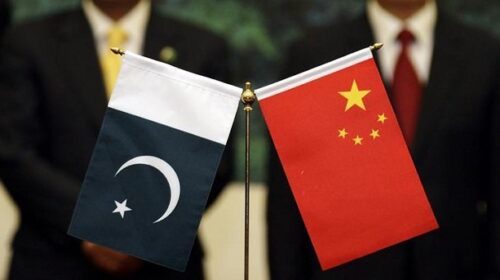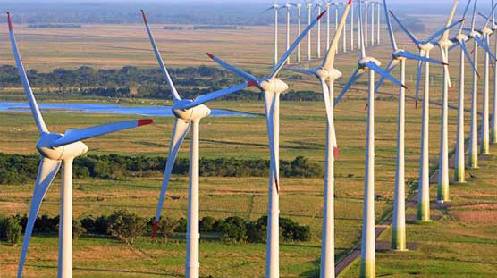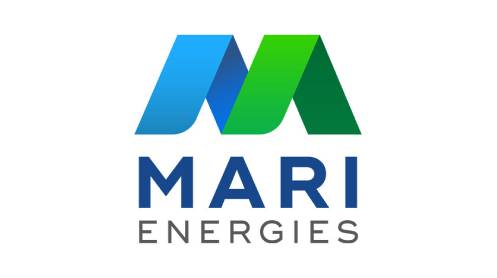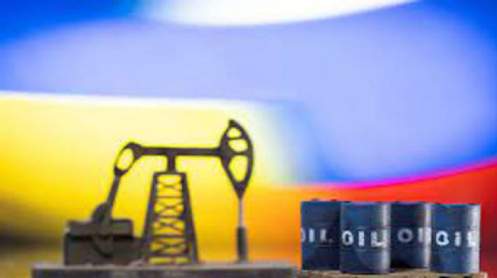The K-3 unit of the Karachi Nuclear Power Project in Pakistan, the fourth entity to use a China-designed third-generation nuclear reactor, has been successfully connected to the grid, laying solid foundations for commercial operation.
All four of the units adopting China’s Hualong One nuclear reactor now connected to the grid are generating electricity, Global Times reported while quoting China National Nuclear Corp (CNNC) statement.
Each Hualong One unit is expected to generate nearly 10 billion kWh of electricity annually after being completed, which can meet the annual electricity demand of more than four million households in Pakistan – equivalent to reducing use of standard coal by 3.12 miillion tons, and reducing carbon dioxide emissions by 8.16 million tons every year. It is also the equivalent of planting more than 70 million trees, CNNC said.
It is of great significance for optimizing Pakistan’s energy structure, as well as reaching carbon peak and carbon neutrality goals, CNNC added.
The success in construction and operation of the nuclear reactors in Pakistan will make the Hualong One technology better received in the global market, especially in countries and regions participating in the Belt and Road Initiative, observers said.
The K-2 unit of the Karachi Nuclear Power Plant in Pakistan, which also uses Hualong One, officially started commercial operation on May 20 last year.
As China’s “calling card” for its nuclear power industry, Hualong One has become one of the most widely recognized third-generation nuclear power reactors in the market.
In May 2015, construction began on the world’s first Hualong One demonstration project in Fuqing. On January 30, the world’s first nuclear power unit under Hualong One, unit 5 of CNNC’s Fuqing nuclear power plant, entered commercial operation.
With Hualong One online, China is now at the world forefront of third-generation nuclear technology, alongside countries like the US, France and Russia, the Xinhua News Agency reported, citing CNNC Chairman Yu Jianfeng.
The commercial use of Hualong One will also help to meet China’s goal for CO2 emissions to peak before 2030 and to achieve carbon neutrality before 2060, Yu added.





